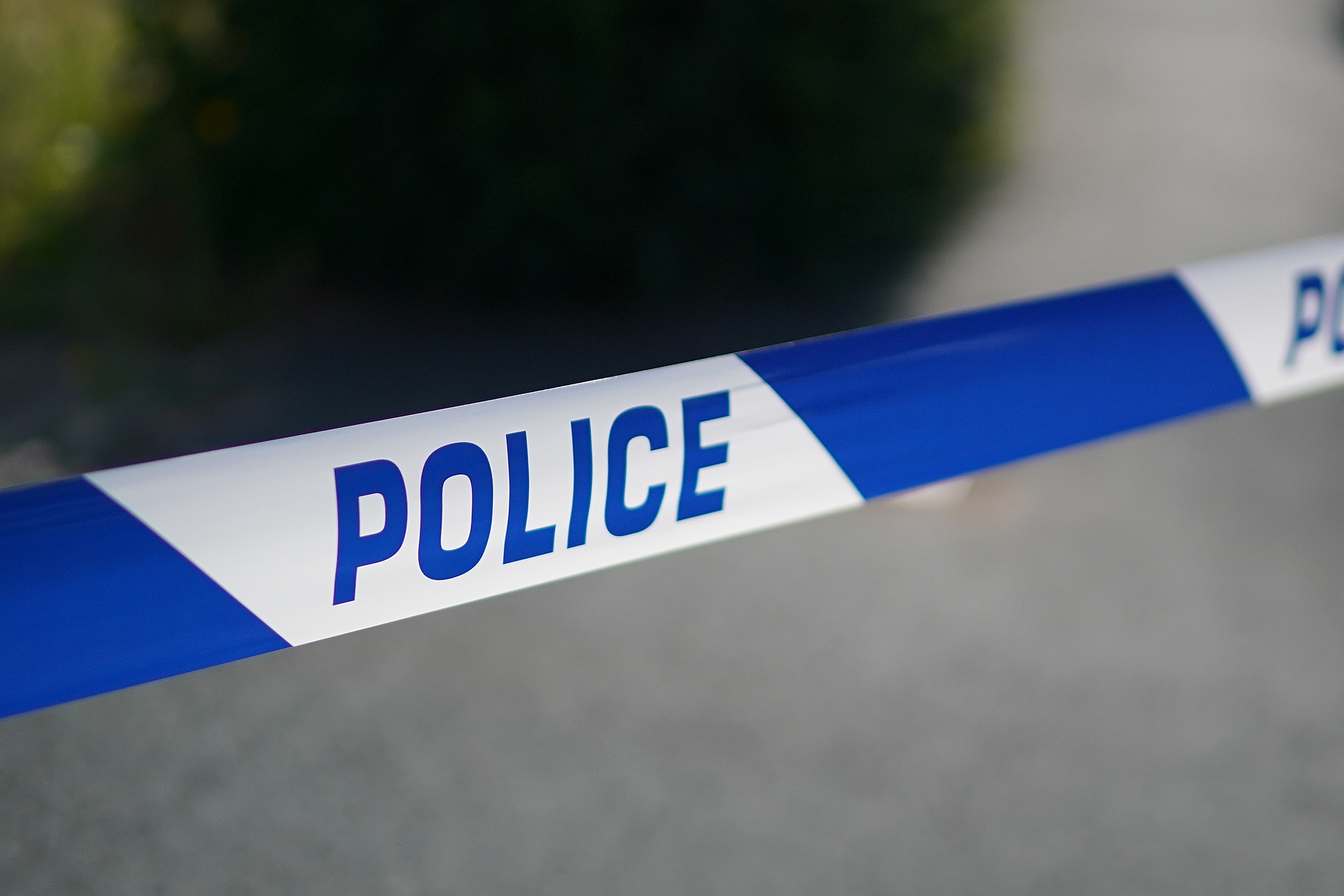(Washington, DC) — The Baltimore Police Department’s (BPD) practice of unlawfully searching and seizing the personal property of survivors of violent crime without a warrant or consent is a violation of their constitutional rights, argued a lawsuit filed Thursday by the Lawyers’ Committee for Civil Rights Under Law and Orrick, Herrington & Sutcliffe LLP.
The national Lawyers’ Committee received information from shooting survivors who, after they were shot in Baltimore and while receiving medical treatment, had their property taken by BPD between 2018 and 2021. Adding insult to injury, BPD refuses to return the victims’ property alleging that it still has investigative value.
“When our clients were at their most vulnerable, BPD officers unlawfully seized and searched their property without their consent, without a search warrant, and without a legitimate law enforcement reason,” said Tianna Mays, Criminal Justice Project senior counsel, Lawyers’ Committee for Civil Rights Under Law. “Our clients were the victims of violent crime who suffered grievous injuries. They deserved empathy, care, and concern – not violation and humiliation at the hands of those entrusted to protect and serve them. The police should never have violated their constitutional rights and treated them this way.”
The class action lawsuit seeks compensation or redress for depriving plaintiffs of their rights guaranteed by the United States Constitution. Specifically, BPD officers, acting in accordance with the department’s pattern and practice of unlawfully searching and seizing crime victims’ property, violated plaintiffs’ Fourth Amendment rights. The lawsuit demands that the Baltimore Police Department must in the future train, supervise, and discipline its officers/employees to ensure that those officers/employees conduct lawful searches and seizures.
“The pattern of misconduct by the BPD in this case is appalling—particularly because it is directed at victims of serious assaults—and we look forward to fighting to correct the wrongs committed against these plaintiffs and ensure they are not repeated in the future,” said Ellen Murphy, a partner at Orrick, a global law firm assisting the Lawyers’ Committee pro bono. “This is a prime example of carrying out our responsibilities as lawyers to fight for racial and social justice in our communities and we stand firmly behind the fight against these unlawful police practices.”
Violations of residents’ rights by BPD is not a new phenomenon. Since at least the 1990s, when BPD leadership instituted what it called “zero tolerance” policies, police officers with minimal training, oversight, and accountability structures conducted a large number of stops, searches, and arrests— many improper and illegal— accompanied by frequent uses of force, causing frayed relationships between Baltimore residents and BPD. In 2016, the United States Department of Justice (DOJ) issued a report finding “…reasonable cause to believe that BPD engages in a pattern or practice of conduct that violates the Constitution or federal law.”
Read the full lawsuit here.


